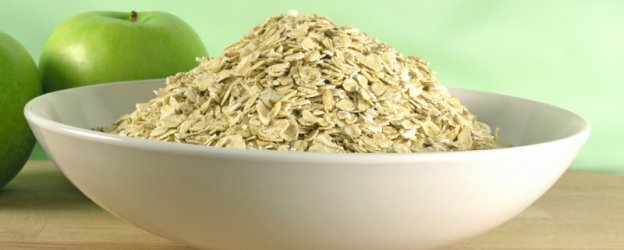Oatmeal Beats Ready-to-Eat Breakfast Cereal at Improving Appetite Control
25th November 2013

While obesity is a complex and multifaceted problem, much of the strategy behind combating it boils down to healthy eating habits. Taking into account the primary role of subjective appetite sensations in eating habits, a group of researchers recently compared the satiety impact of two popular breakfast choices: oatmeal and ready-to-eat breakfast cereal (RTEC).
In the study, published in the Journal of the American College of Nutrition, a sample of 48 healthy subjects aged over 18 years were tested on 2 days, one including a breakfast of prepared oatmeal and the other an RTEC. Satiety feedback was collected prior to and at several points over the 4 hours following consumption, using ratings of hunger, fullness, stomach fullness, hedonic “satisfaction” and desire to eat. In addition, each breakfast treatment was run through physiochemical testing of ?-glucan characterization, in vitro starch digestion kinetics and viscosity.
The findings indicate that “…the oatmeal breakfast resulted in a greater increase in perceptions of fullness and a greater decrease in perceptions of hunger, desire to eat, and prospective intake in the 4-hour period postprandial when compared with the RTEC,“ while ratings of satisfaction didn’t differ significantly. These findings are consistent with physiochemical test results indicating that the ?-glucan content of the oatmeal was more viscous due to its higher concentration and molecular weight, signaling a more satiating form of fiber.
While further research into other aspects of oatmeal’s nutrient content and glucose/endocrine satiety markers is called for, the results of this study suggest that choosing oatmeal for breakfast can prolong the period between meals and thus help establish habits conducive to weight loss.
Rebello C et al., Acute Effect of Oatmeal on Subjective Measures of Appetite and Satiety Compared to a Ready-to-Eat Breakfast Cereal: A Randomized Crossover Trial. Journal of the American College of Nutrition, 2013; 32 (4): 272 DOI: 10.1080/07315724.2013.816614
Categories: Nutritional News, Hormonal Health, Weight Management